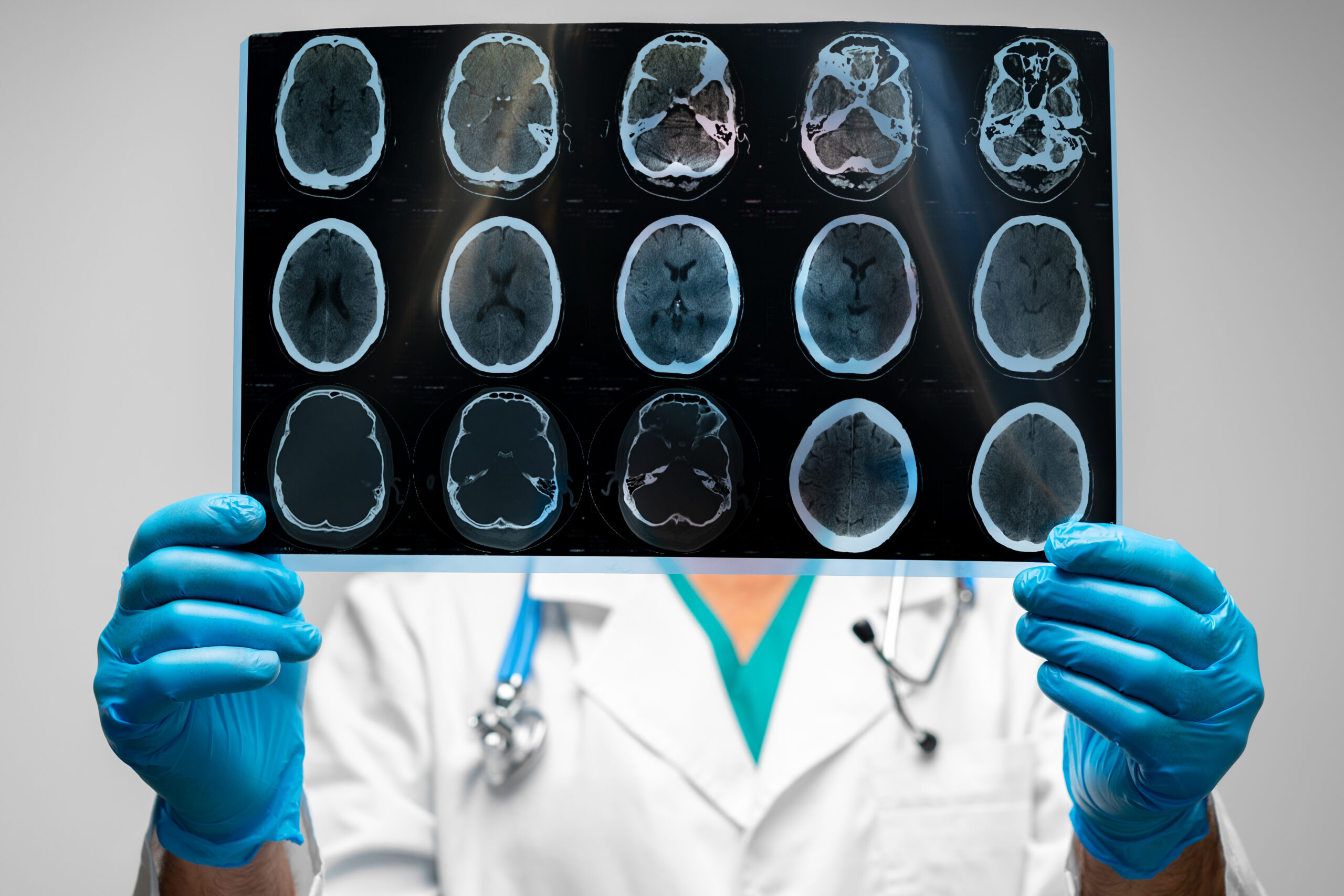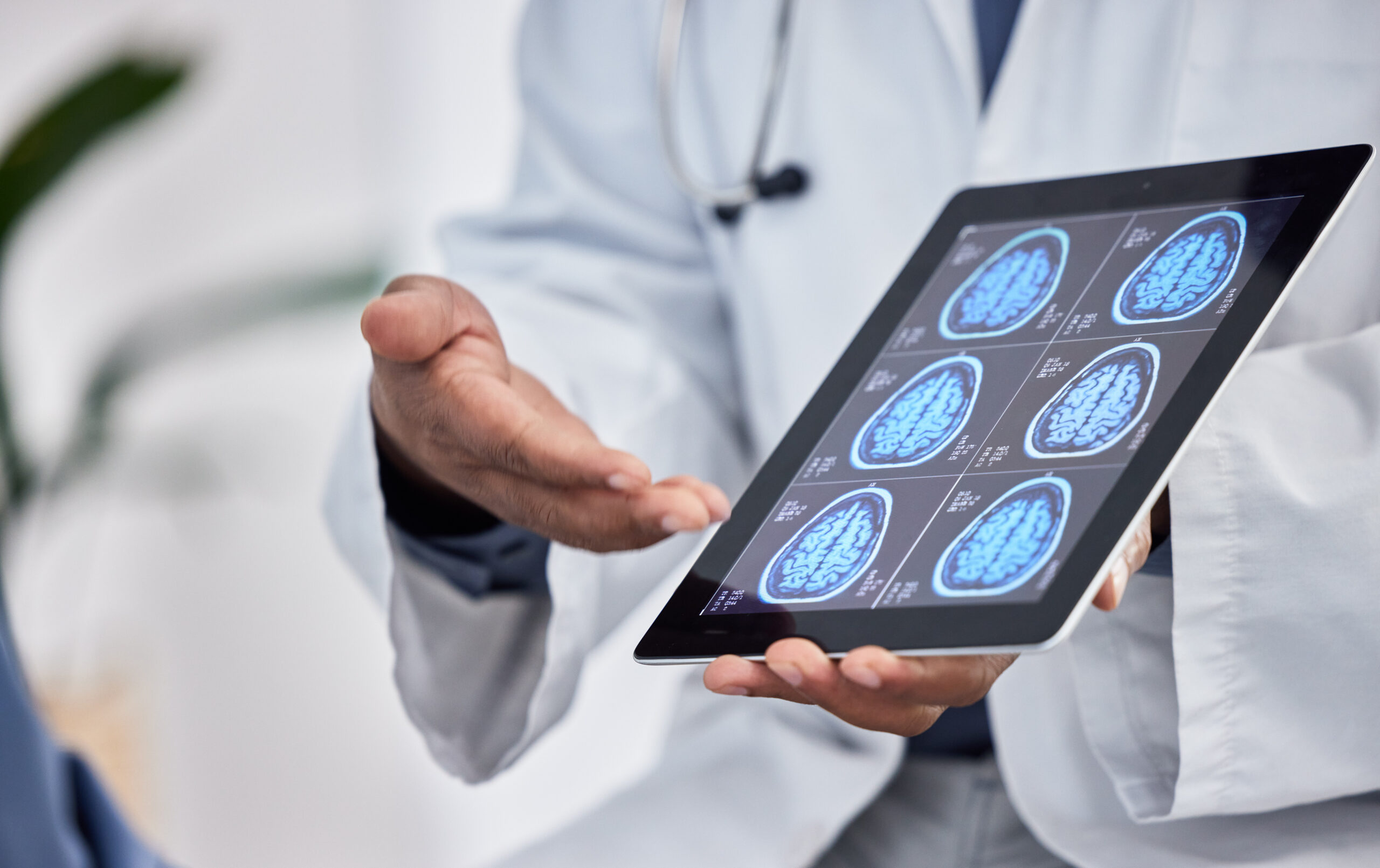Neurology Services
Doctor Appointment Booking
Neurology ( DR P.R. Bhuyan)
Booking Number- 9776200111
Booking Time- 10 am to 12.30 pm



+91 9776200111
Book Appointment – Doctor
Complete NeurologyCare
At Mudita Care Clinic, we offer a comprehensive range of neurology services designed to diagnose and treat a variety of neurological conditions. Our advanced diagnostic tools and expert team ensure accurate assessments and effective treatments.
1. EEG (Electroencephalogram):
An EEG measures electrical activity in the brain to diagnose conditions such as epilepsy, sleep disorders, and brain injuries.
2. EMG (Electromyography):
EMG evaluates the health of muscles and the nerve cells that control them, helping diagnose neuromuscular disorders.
3. NCV (Nerve Conduction Velocity):
NCV tests measure the speed and strength of signals traveling between nerves, aiding in the diagnosis of nerve damage and dysfunction.
4. VEP (Visual Evoked Potential):
VEP assesses the visual pathways by measuring electrical activity in the brain in response to visual stimuli, useful for diagnosing visual and neurological disorders.
Our dedicated neurology team is committed to providing high-quality care, utilizing these advanced diagnostic techniques to ensure the best outcomes for our patients.

Mudita Super Speciality Care
A Unit of Mapra Health Care pvt. Ltd.

frequently asked questions (FAQs)

